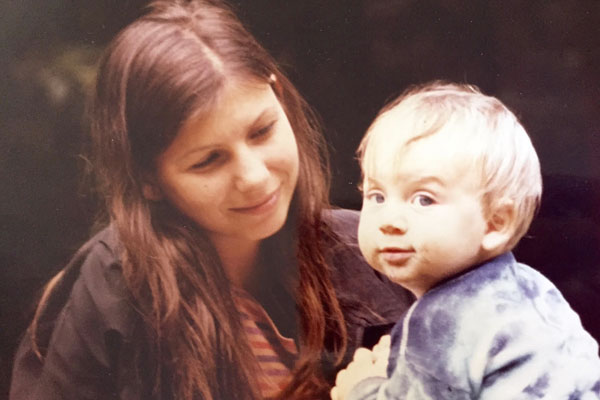It’s Complex –
2020 – The mother wound is not a specific diagnosis — although it can hurt so much that you’re sure it warrants one. While both daughters and sons can feel the impact of the under-mothering that leads to the mother wound, it’s typically considered a mother-to-daughter wound.
Thanks to psychologist Mary Ainsworth and her attachment theoryTrusted Source, we know that the trust that a mother instills in childhood positively affects not only the child’s present, but also their future relationships. Meaning, a child who acquires the mother wound is most likely to perpetuate this type of relationship with their own children. In patriarchal societies, it may be easier for mothers to pass on their own mother wound to their daughters. Women who have internalized stereotypical beliefs that relegate women to second-class citizens are more likely to consciously or unconsciously transmit these beliefs to their daughters.
Daughters in these societies may find themselves caught in a double-edged dilemma: Accept what Mom believes in so that we’re in the same boat and she keeps on loving me, or fight for my own beliefs and aim for empowerment. It’s no easy feat to take up the fight.



